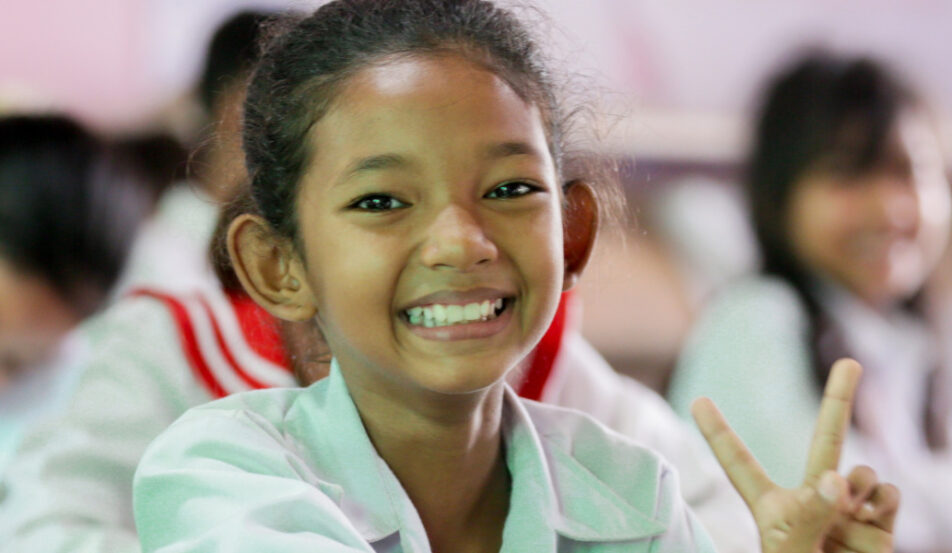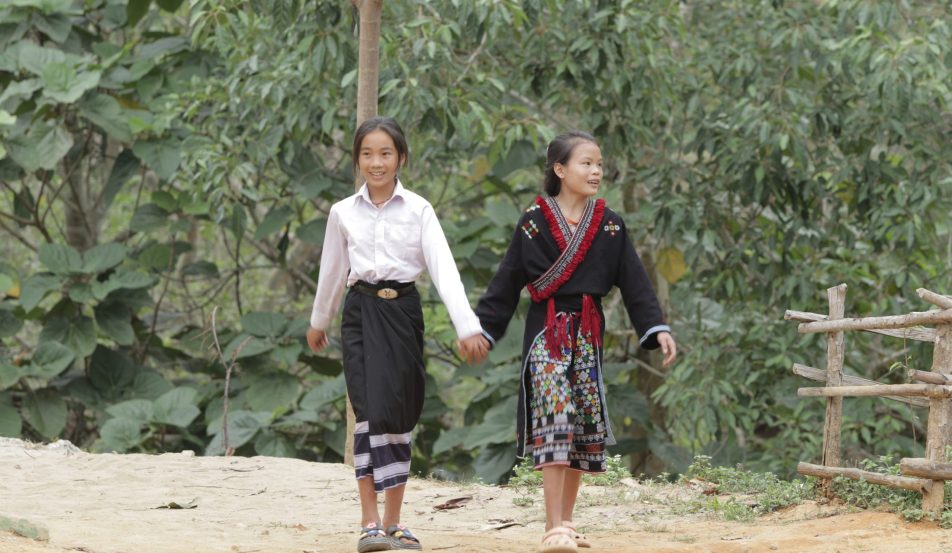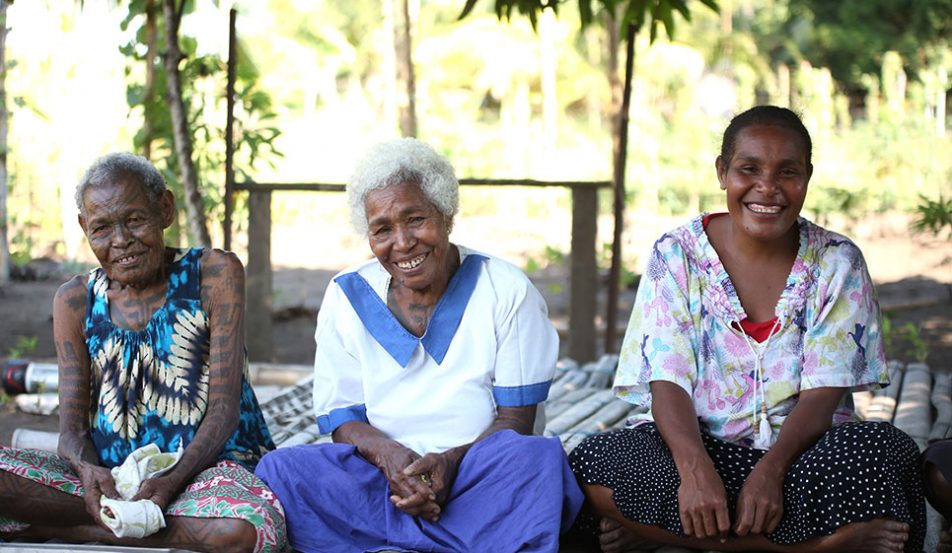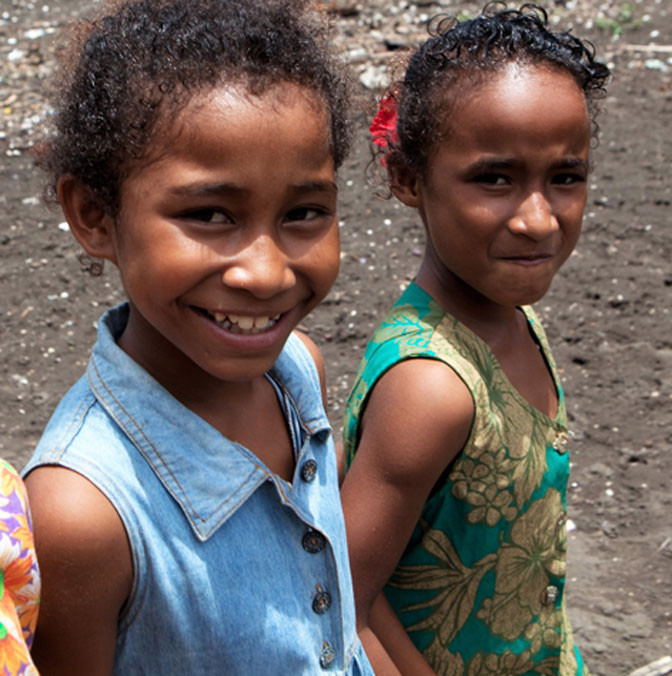Mobilising communities in Senegal to stop violence against girls and women
Gender-based violence is a serious concern in many countries, but in Senegal the rates of violence are particularly high.
A recent study found that 74 percent of schoolgirls in Senegal have been sexually harassed, 22 percent have experienced an attempted rape, and eight percent have been raped. Other studies have shown that the people likely to perpetrate this violence are often known to the victim: a classmate, a boyfriend, a neighbour or a teacher.
Gender-based violence, or GBV, is a problem of substantial proportions. It has deep roots in socio-cultural norms due to rigid gender roles, expectations around masculinity and femininity, and power dynamics within the household.
ChildFund Senegal is working with local communities to help them respond to and prevent GBV. Our community-led approach has four steps:
Forming community groups | Self-diagnosing challenges in the community | Developing action plans, and Carrying out action plans.
This year, six child protection groups were set up with ChildFund`s support in two areas of Mbour district in western Senegal. The groups are composed of community members, who are themselves vulnerable to GBV and include both young people and adults.
Between January and June they met to discuss some of the most pervasive GBV issues in their communities. The groups chose to focus on community mobilisation and advocacy with authorities around rape, early and forced marriage and early pregnancy.
14-year-old Mawa’s story is an example of how these child protection groups are already helping girls and women in their communities.
“One day, around 8pm, while I was learning my lessons in my mother’s room, she called me to introduce me to two young men,” recalls Mawa*. “She told me with a very low voice that I should be very kind with one of the men because he had come to ask me for marriage.
“When I told her that I did not want to get married, I am a student and I want to stay at school she told me that if I did not love him and if I refuse this marriage, she will no longer support me.”
Mawa was left with no choice. To prepare her for marriage, Mawa’s mother withdrew her from school and sent her to the capital, Dakar, to work as a housemaid.
When the youth group in her village learned of Mawa’s situation, they brought the case to the newly formed child protection group. The group then met with Mawa’s mother to negotiate for her return in light of the pre-dowry gift her mother had received.
Mawa had no idea that all of this was going on. “One Sunday, my mother called and asked me to come back to my town to resume my studies,” she says. “It is then that I learned that it was thanks to my village child protection committee that I was able to return home.
Unfortunately Mawa’s story is not uncommon in Senegal. That is why ChildFund will continue to support child protection groups like the one in her community.
*Name changed to protect her identity













